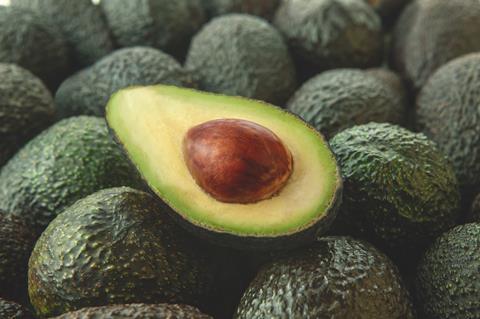South America accounted for half of all imports last year

German avocado imports have grown by 402 per cent in the past decade from 31,400 tonnes in 2013 to 157,800 tonnes last year. The figures, published by the Federal Statistics Office (Destatis) and reported by EFE, show that the value of the imports rose from €68.3m in 2013 to €484m in 2023.
The main country of origin last year was Peru, with an imported volume of 49,200 tonnes, followed by Colombia, with 15,800 tonnes, and Chile, with 14,500 tonnes.
Data from the 2022/23 season from the World Avocado Organisation (WAO) put Germany and the UK in second place as Europe’s biggest consumers of avocados, behind France.
According to the WAO’s latest European consumer survey covering five European countries (UK, France, Germany, Italy and Spain), 97 per cent of respondents expressed the importance of maintaining a healthy diet. Italy and Spain led the charge in prioritising healthy diets, closely followed by the French. German respondents were relatively less concerned about health.
The survey also showed that almost a quarter of respondents reported not eating meat regularly and opting for plant-based alternatives instead.
Of those surveyed, 15 per cent said they followed a Flexitarian diet, cutting down on meat consumption, 3 per cent were vegetarian (no meat or fish), 3 per cent pescatarian (no meat other than fish), and 1 per cent said they were vegan.
Taste was the most important factor in the food choices of 38 per cent of respondents, while how healthy the food is came in at second place, with 28 per cent of people considering it the most important factor.
The survey also revealed that 70 per cent of respondents consider avocados to be healthy. Across all countries, average consumption stood at nearly one avocado per week (0.8), with Spain topping the chart on 1.3 per week and Germany in last place on 0.6 per cent. By age, Gen Z and Millennials had higher consumption rates of around 1.2 avocados per week.



